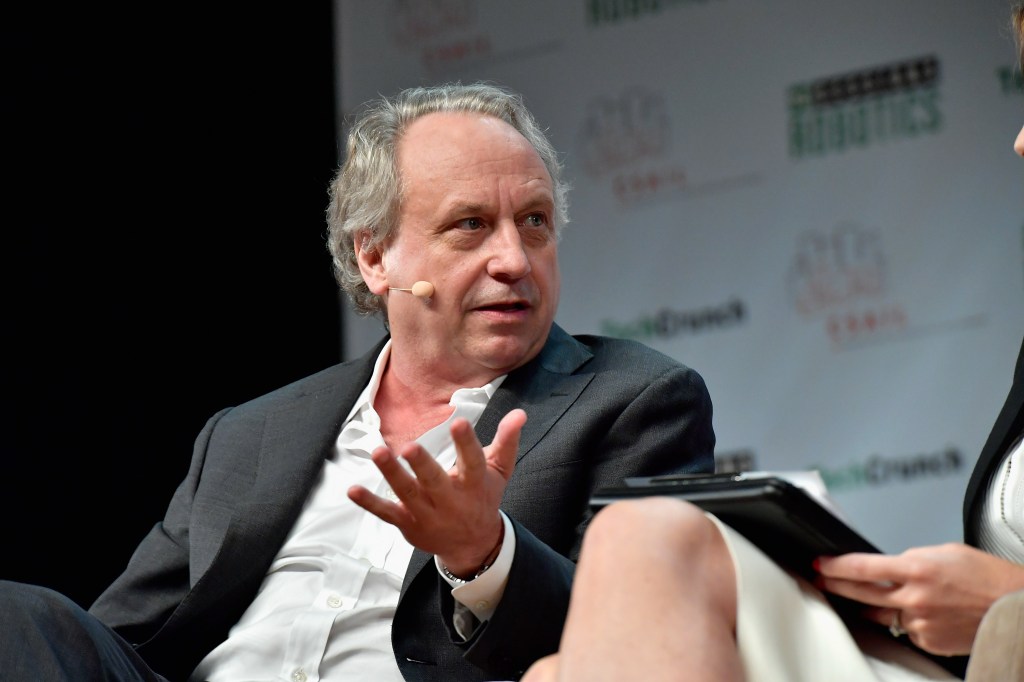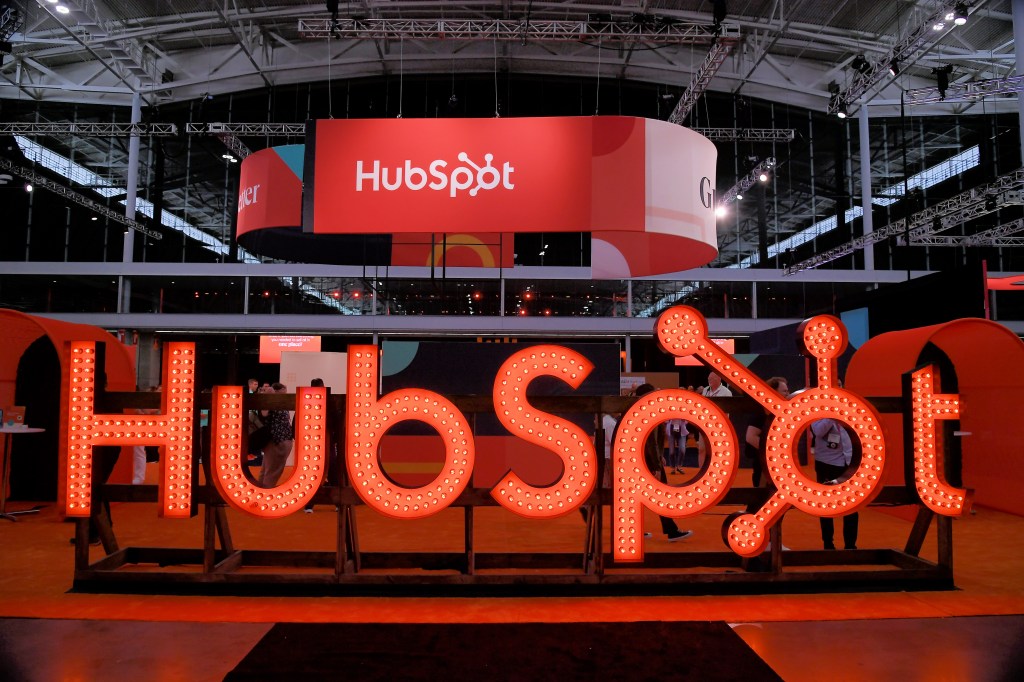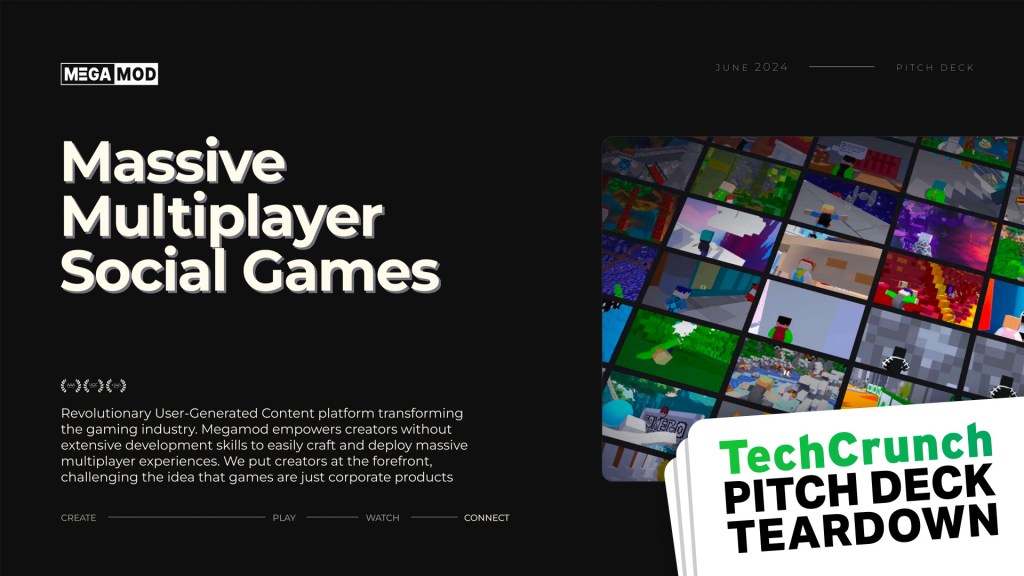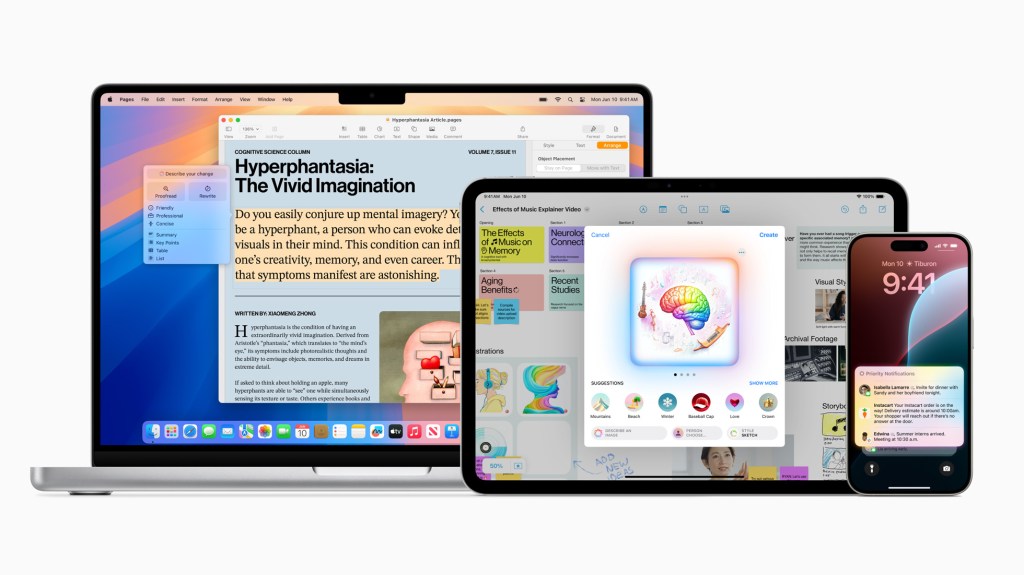There’s a lot riding on next week’s WWDC 2024 keynote. The presentation’s stakes are far higher than your standard post-event market moves. The pressure for Tim Cook and crew to deliver the goods is, in a very real sense, even higher than it was in the lead up to last year’s Vision Pro announcement.
On Monday, Apple will lay out its AI plans. The subject has been a massive question mark looming over Cupertino for the last few years, as competitors like Google and Microsoft have embraced generative AI. There’s a broad industry consensus that systems powered by large language models like ChatGPT and Gemini will profoundly affect how we interact with our devices.
Apple is expected to announce a partnership with OpenAI that will bring the company’s smarts to the iPhone and Mac. Apple’s near-term strategy is a deep integration between existing properties and generative AI, with Siri at the center. Since its debut in 2011, Apple has pushed to make the voice assistant an integral part of all its operating systems.
In the intervening 13 years, however, Siri has fallen short of the revolution Apple promised. There are plenty of reasons for this, though the primary is capability. The concept of an artificial voice assistant pre-dates Siri by decades, but no one fully cracked it for a reason. As phone makers and app developers have transformed smartphones into everything devices, these assistants’ jobs have become increasingly complex.
As impressive as the Stanford Research Institute’s work was, the technology required for a frictionless experience simply wasn’t ready. Siri co-founder Norman Winarsky addressed the underlying issue in 2018, noting that Apple’s initial plan was a far more limited assistant that handled things like entertainment and travel. “These are hard problems, and when you’re a company dealing with up to a billion people, the problems get harder yet,” Winarsky noted at the time. “They’re probably looking for a level of perfection they can’t get.”
Generative AI isn’t at that level of perfection, either — not yet, at least. Hallucinations are still a problem. That’s precisely why, even after the massive buzz of the past few years, it still feels like we’re very much in the baby steps phase. If anything, I would say that Google, for one, has been overly aggressive in places. The best example of this is the company’s decision to surface Gemini results at the top of searches.
When something is prioritized above trusted resources in the world’s dominate search engine, it needs to get things right as much as humanly possible, and not, you know, tell people to eat glue. Google labels Gemini results a product of its “Search Labs,” but surely a majority of users don’t understand what that means in terms of product maturity, nor can they be bothered to click through for more information.
Over the past few years, I’ve met several researchers who have used the term “magic” to describe the results of “black box” surrounding large language models. This isn’t a knock against all of the amazing work happening in the space, so much as a realization that there’s still so much we don’t know about the technology.
Arthur C. Clarke put it best: “Any sufficiently advanced technology is indistinguishable from magic.”
One place Google has been more intentional, however, is with its integration of Gemini into Android. Rather than replacing Assistant outright, Google has been integrating its generative AI platform into different applications. Users can also opt-in to making Gemini their default by assigning it to the Assistant button on Pixel devices. This implementation requires deliberate action on the user’s part at least thus far.
While Gemini hasn’t completely conquered Android yet, however, Google is clearly signaling at a day in the not too distant future when it replaces Assistant outright. I half expected an announcement along those lines at I/O last month, though I’m glad it ultimately opted to give Gemini more time to bake.
Whether the Assistant name sticks around is ultimately a branding decision. For its part, Apple is very wedded to the Siri name. It has, after all, spent well over a decade pitching the product to consumers. Sooner than later, however, generative AI will eat the smart assistant space.
Voice assistants in general are having an existential moment. Smart speakers have a broader bellwether for platforms like Siri, Alexa and Google Assistant. Shipments have declined, after heating up during the pandemic. It’s unfair to characterize the category as doomed, but it will be in the long run, without the proper shot in the arm.
Generative AI is poised to be the logical successor, but the first round of hardware devices built around these models, including the Humane Ai Pin and Rabbit R1, have only been testaments to how far the category has to go before it can be considered a consistent experience for mainstream users.
Apple will finally show its hand on Monday. While rumors point to the company transitioning a number of employees to generative AI operations following its electric car implosion, all signs point to Apple having ceded a significant head start to the competition. As such, its most logical play is a partnership with a reigning powerhouse like OpenAI.
Shortly after the Siri acquisition was announced, Steve Jobs was asked whether the company was trying to beat Google at its own game. “It’s an AI company,” Jobs noted. “We’re not going into the search business. We don’t care about it. Other people do it well.”
The company’s approach to generative AI is currently in the same place. At this stage, Apple can’t beat OpenAI at its own game, so it’s partnering instead. But even the best of the current models have a way to go before they’re ready to fully replace the current crop of smart assistants.































Comment